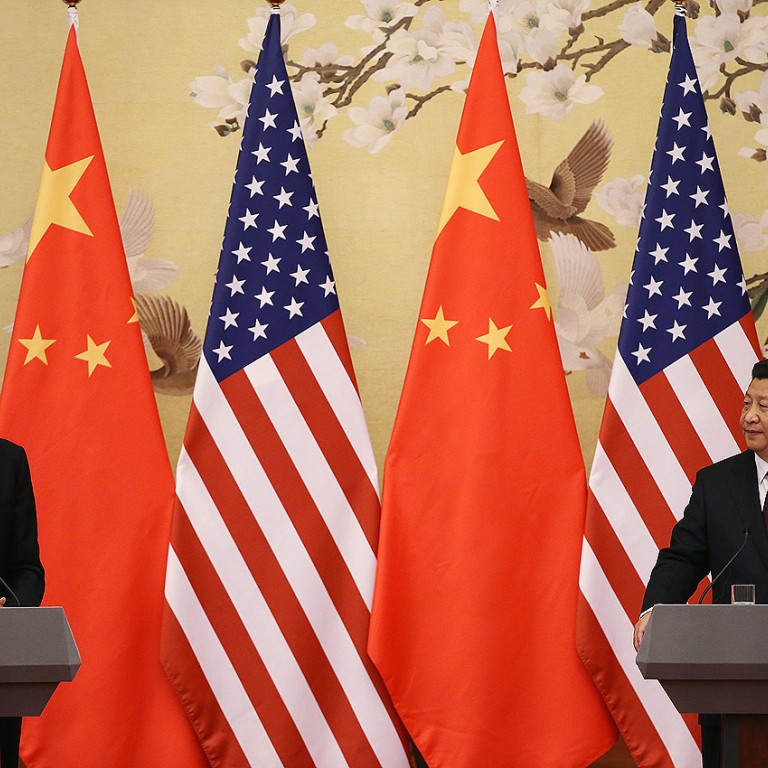
China seeks to ease Sino-US cyber tensions with top-level talks ahead of Xi Jinping's US trip
Top-level discussions aimed at smoothing way for Xi Jinping's state visit
China has sought to defuse a potentially explosive issue ahead of President Xi Jinping's state visit to the United States this month with high-level Sino-US talks on cybersecurity.
A delegation led by China's top security official, Meng Jianzhu , wrapped up four days of discussions with US counterparts on Saturday, with Meng claiming both sides reached an "important consensus" on the persistent sticking point in bilateral ties.
But analysts doubted the meetings would lead to any major progress in the long term.
The talks came as US President Barack Obama said on Friday that cyberattacks from China were "not acceptable".
"We have been very clear to the Chinese that there are certain practices that they are engaging in, that we know are emanating from China and are not acceptable," Obama said.
The White House said in a statement that US National Security Adviser Susan Rice had a "frank and open exchange about cyber issues" in her meeting with Meng, secretary of the Communist Party's Central Political and Legal Affairs Commission.
The Chinese delegation also had meetings with Federal Bureau of Investigation director James Comey and representatives from the Justice, State and Treasury departments and the intelligence community, the statement said.
Xinhua said Meng, China's domestic security chief, reached an "important consensus" with the US authorities during his visit.
Meng was quoted as saying that "China's position on opposing hacking and stealing commercial secrets online is resolute". China would punish anyone who hacked from within China's borders or stole corporate secrets, he said.
But Renmin University international relations professor Shi Yinhong said the "important consensus" could be no more than a friendly gesture.
"It's very hard for the two countries to have a breakthrough on the topic. Such a consensus could be merely one that two parties agree to stop pointing fingers ahead of Xi's visit," Shi said.
Shi said US leaders were "very upset" by the problem, but China was not likely to give any ground.
He added that "important consensus" was a term that had a broad meaning in Chinese official media and did not necessarily refer to diplomatic breakthroughs, especially when used before official visits by Chinese leaders, Shi added.
Jin Canrong , also a specialist in international relations at Renmin University, said: "The White House sees cybersecurity as the most important subject [in Sino-US relations]. Containing the biggest difference will help Xi's visit."
Both countries attached great importance to Meng's visit, Jin said. "Meng is a Politburo member with expertise on the internet. And he met important people in the US this time."


